'Paatal Lok' examines how fake news, corruption and bigotry rule politics and media

Mail This Article
It has been a while since we watched a truly remarkable Indian web series.
After the success of a handful of ‘made in India’ series such as Sacred Games, Made in Heaven, Jamtaara and Leila, Over-the-Top (OTT) users were deprived of any locally-made web series or content that is worth a watch.
Blame it on the rather slow subscription growth in the pre-lockdown phase, lack of compelling screenplays or the evaluation process that the producers follow, some of the much-hyped shows failed to enthuse audiences even during the lockdown.
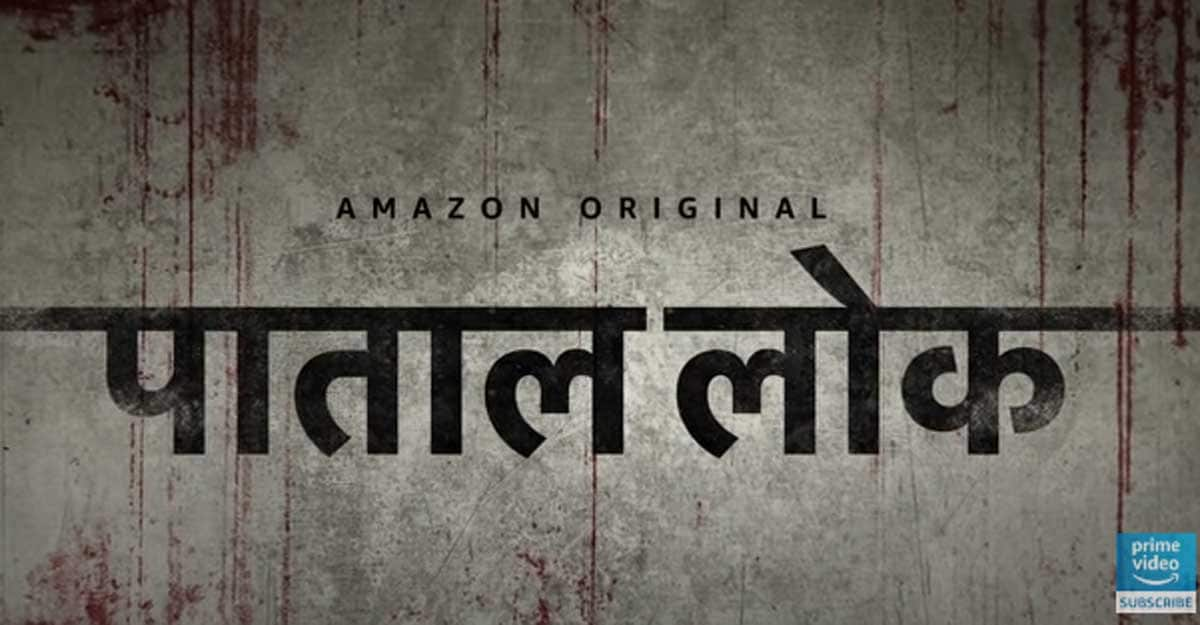
It is into such a landscape that Amazon Prime unleashed Paatal Lok.
A mighty compelling political-investigative thriller mounted on epic scale. The series, produced by Anushka Sharma, has been in the news for its storyline being inspired from the book The Story of My Assassins written by the former Tehelka editor Tarun Tejpal who has been facing trial for a sexual harassment case filed by a journalist. The book is a fictionalized tale of the 2001 incident that happened in Tejpal’s journalistic career, in which five suspects were arrested allegedly for plotting to assassinate him.
The creators of Paatal Lok, in an attempt to avoid a needless controversy, had issued an explanation that the content of the book was used only as a starting point. The show’s creator Sudip Sharma had said that he took a one-line plot from the book and then let the writers explore many different situations around it and craft a nuanced and immersive crime thriller. Though Amazon denies that it has anything to do with Tejpal’s book, the production was kept under the radar when the #MeToo movement was at its peak in 2013.
Dirty underbelly
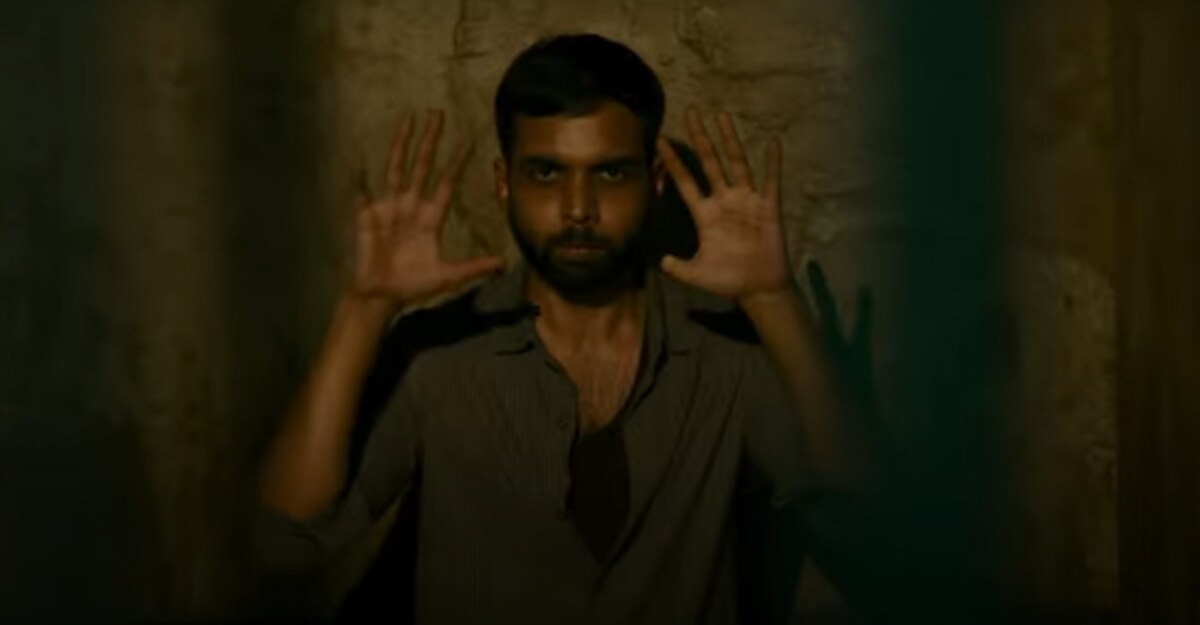
The show opens with Hathi Ram, a disillusioned police inspector who is in charge of routine surveillance explaining to a trainee how the power structure works. He points to three different layers of India that exists, which he got to know from WhatsApp: the first, Swarg Lok (heaven) where the privileged reside, Dharti Lok (earth) where the ordinary mortals reside and Paatal Lok (hell) which is the dirty underbelly where all the criminals belong.
Depending on which characters you would like to sympathise with, you will discover more of the world that they inhabit. For example, if you follow the characters Sanjeev Mishra (Neeraj Kabi) and Dolly (Swastika Mukherjee) closely, you will get a glimpse of how life in the Swarg Lok looks like, Hathi Ram’s (Jaideep Ahlawat) humble home, his relationship with his wife and struggles with his son would show you you the Dharti lok, and Hathi’s investigation that takes you to the back stories of the criminals led by Vishal Tyagi (Abhishek Banerjee), you will see how the system and those who control the Paatal Lok create and unleash criminals.
Through a police operation, five people are apprehended in connection with the attempt to assassinate one of the top TV journalists of the country, Sanjeev Mishra. The responsibility of the investigation is given to the low-profile cop Hathi Ram who takes it as a mission to elevate his stature in front of his son who resents him, much like the way he used to resent his father as a youth.
Sanjeev Mishra basks on his popularity and success but his job is at stake because the channel’s promoter wants him sacked. The case comes as a whiff of fresh air to him and he seizes the opportunity to elevate his stature and launch a new phase in his career, even if it takes peddling fake news and conspiracy theories without basis.
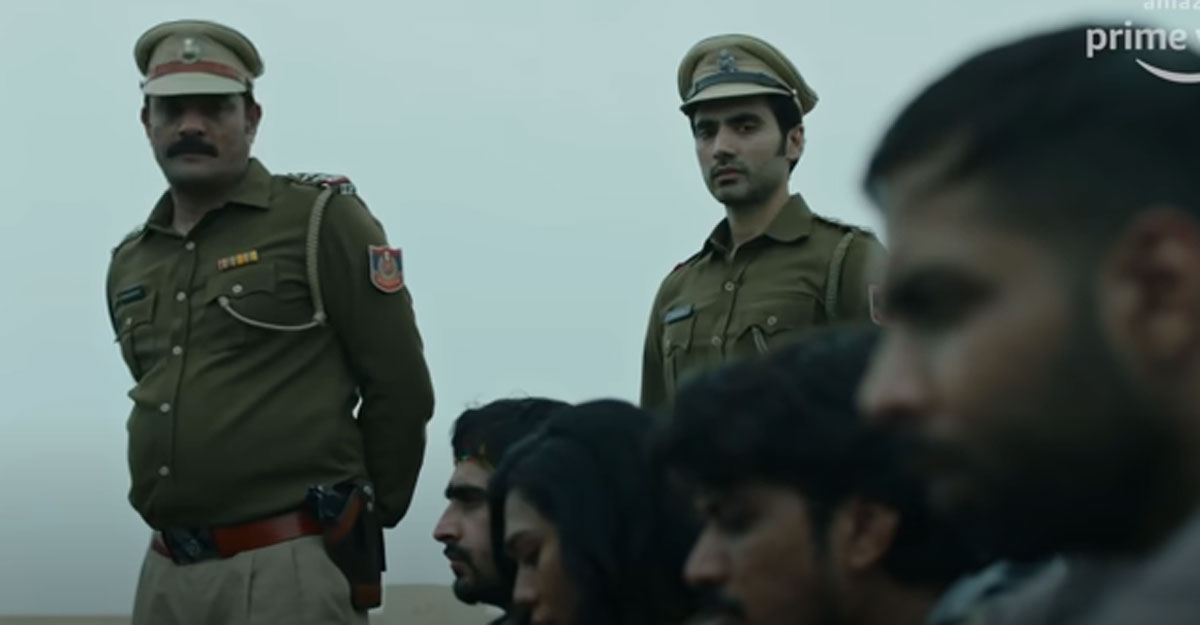
Probe goes deeper
Hathi Ram’s investigation to know the real identities of these criminals takes him to the dark realities of caste-ridden society in which people are used as pawns in the games those in power play and eliminated when they had outlived their utility. It is not an easy puzzle to put its pieces together. Every suspect knows what their role in the whole puzzle is, and never dares to speak a word more or to go beyond their brief. Subtle attempts to divert the course of the investigation are made at every stage, which make the proceedings more intriguing.
The layered narration takes you to the different Indias that exist today: whether it is the unholy nexus between media and politics in Lutyen’s Delhi or in the heartland, or the violent politics of caste in rural India, or the insecurities of Muslim men despite being the best on their jobs.
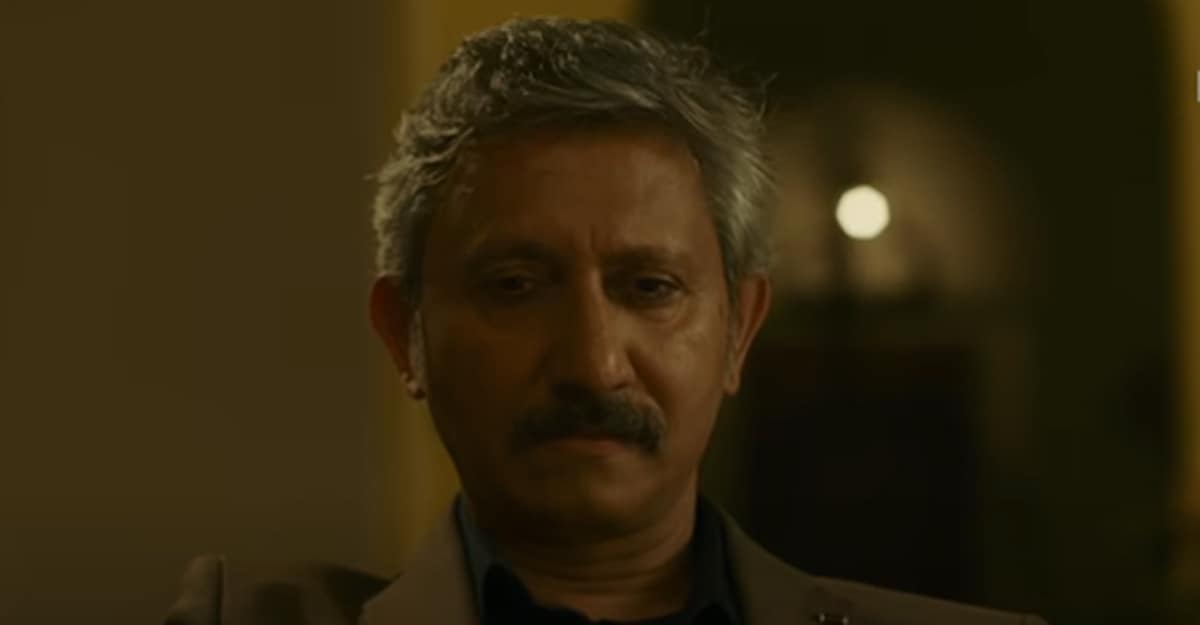
Sanjeev Mishra’s neglected wife has to find new ways of engaging herself and come out of the anxiety disorder. Ansari, the Muslim cop who aspires to enter civil services has to fight many demons including the ones related to his surname.
Most of its characters have their own bright spots and shades of grey. The series is structured in such a way that you cannot easily stop watching at the end of any episode. There is a lot happening on the screen in this busy show that you get an all-round view about every main character only after completing nearly two-thirds of its run time.
As proceedings inch towards the climax, the protagonist, as you would expect, finds out all the pieces of the puzzle and how they all relate to each other. Sanjeev Mishra who has become larger than life, too learns some invaluable life lessons but he is caught in a web that won’t let him break away. We see that the system, which these characters expose in front of, is broken beyond repair. The makers have made it clear that they did not intend to give out any message through the story but their intention was to present a well-rounded story through a host of characters whom the audience can judge as good or bad from their perspective.
The trade offs that these pawns in the larger game make at crucial situation reveal a thing or two about who they really are or how they think when a test of character is presented to them. Some of the sequences and the political commentary seem too direct, lacking imagination and smart writing but they are minor flaws considering the scale of the narrative.
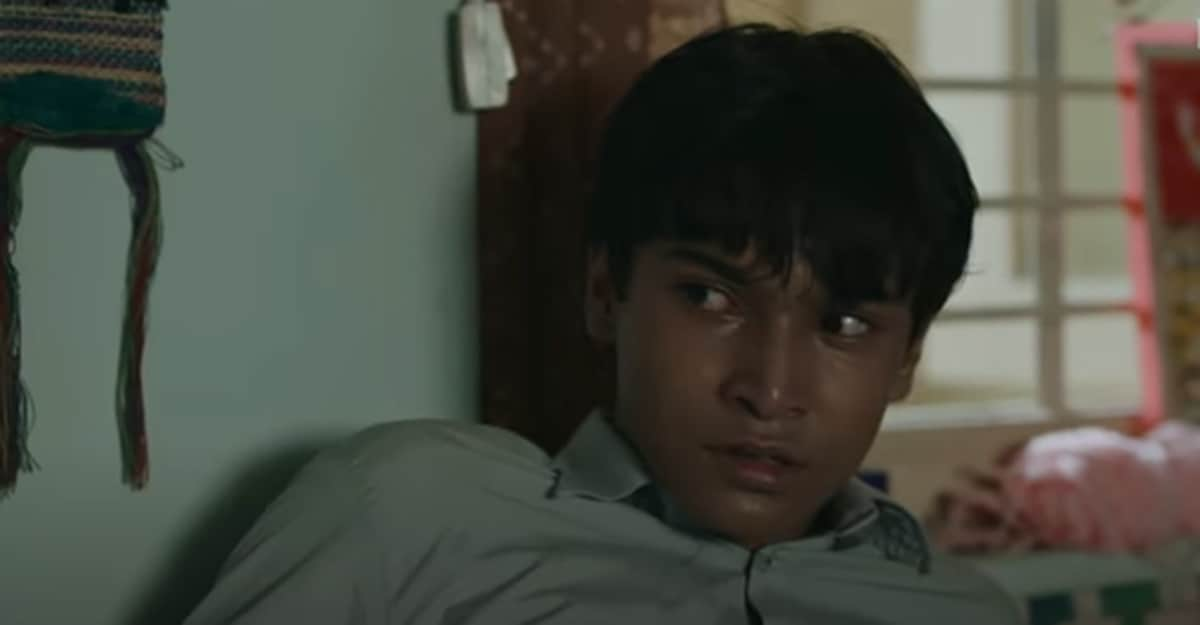
Huge popularity
In the end, Paatal Lok is about smart screenplay and strong performances. The casting department deserves a thumbs up for lining up the perfect cast to play the roles. Hathi Ram is safe in the hands of Jaideep Ahlawat. Neeraj Kabi gives you the authenticity of a seasoned Lutyen’s Delhi journalist, Abhishek Banerjee as the serial killer from Bundelkhand barely speaks but subtly delivers the scare, Ishwak Singh as Ansari and Jagjeet Singh as Tope Singh are convincing. The nine-episode series is scripted by a team of writers that include Sudip Sharma (NH10, Udta Punjab) and directed by Avinash Arun Dhaware (Killa) and Prosit Roy (Pari).
The series has not only become one of the most-watched and discussed, many critics have pointed out problems in the representation of certain sections of the society, particularly Muslims and Dalits, in the story. It is indeed a healthy trend that a web series has gone beyond just entertainment and generated such debates.
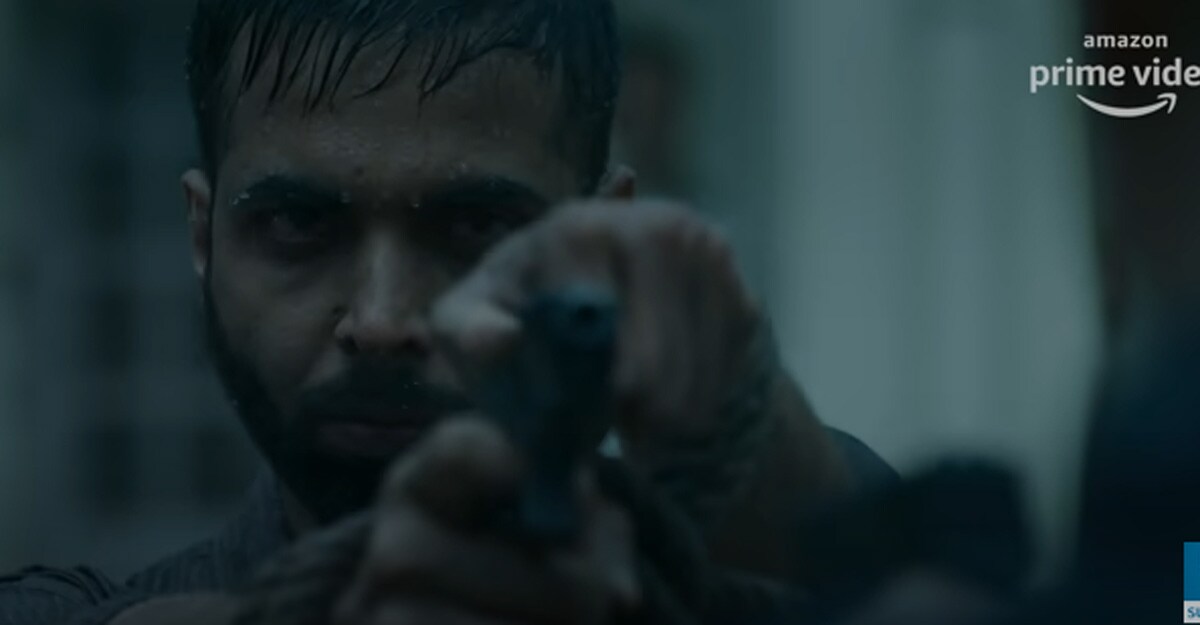
(Dress Circle is a weekly column on films. The author is a communication professional and film enthusiast. Read his past works here.)

